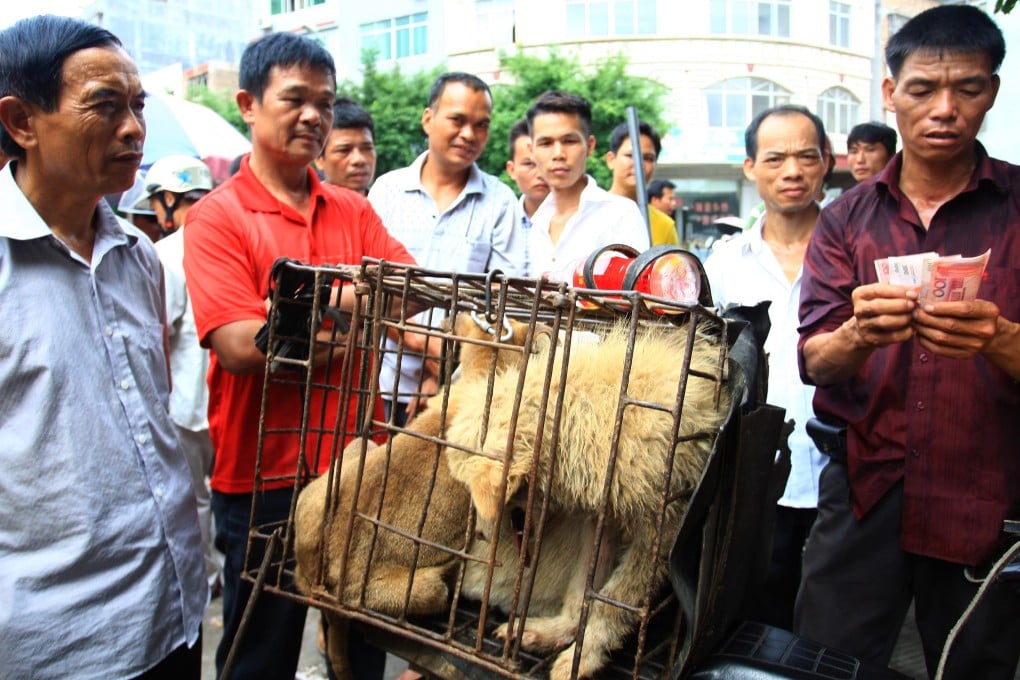More Chinese than Westerners howl against annual dog meat festival
Canine cuisine has long been viewed with disgust in the West, but this year Chinese themselves loudly voiced their distaste

One man's meat is another man's poison, as the Yulin Dog Meat Festival shows.
While most Westerners would never consider eating a dog or cat, these and other domestic animals are consumed in China for their supposed health benefits or as delicacies.
But this year the festival, which has for decades been held during the summer solstice in Yulin, Guangxi province, has come under fire online from animal-protection activists and celebrities at home and abroad since opening on June 21.
While there has long been international condemnation of the practice of eating dog - a culinary custom in 11 countries and regions, including Korea, Indonesia, the Philippines, Polynesia, Taiwan and Vietnam, as well as in places as disparate as Mexico and Switzerland - this year's campaign witnessed a shift: Chinese opponents became the driving force. The outrage on social media appeared more intense than ever.
On Weibo, China's version of Twitter, the topic page for "Yulin Dog Meat Festival" had attracted 41,000 posts by mid-afternoon on June 20 and been viewed nearly 31 million times.
Animal-welfare activists headed to Yulin to try to stop the event, and in some cases clashed with residents who defended the tradition.